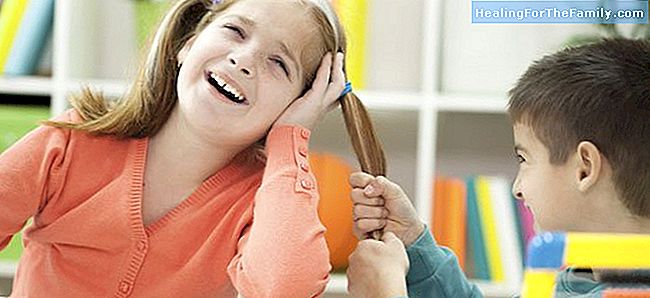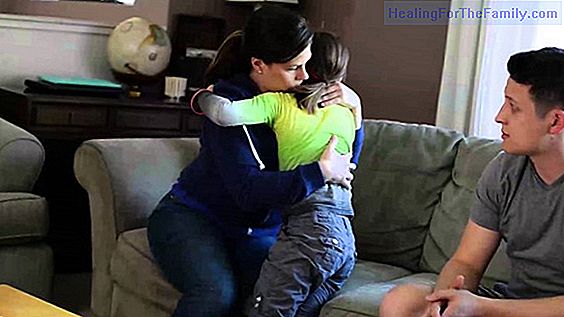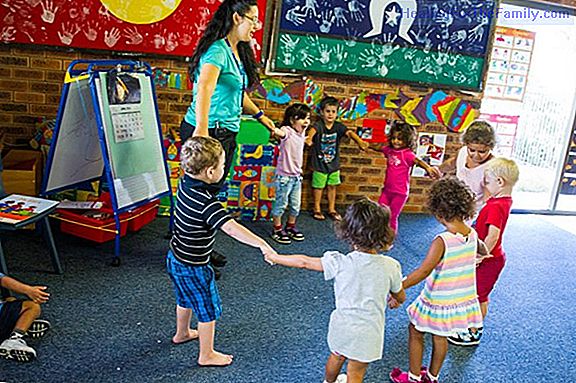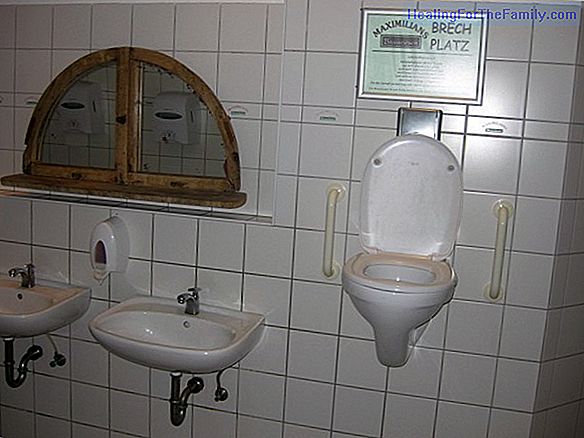What to do when the child does not want to defend themselves
Many parents feel frustrated when their child is attacked or harassed at school but does not do anything about it or does not want to defend themselves. Intimidation is very complicated for the victim to cope with and can be traumatic. It is essential that the situation be redirected as soon as poss
Many parents feel frustrated when their child is attacked or harassed at school but does not do anything about it or does not want to defend themselves. Intimidation is very complicated for the victim to cope with and can be traumatic. It is essential that the situation be redirected as soon as possible to avoid negative consequences on the victim's self-esteem.
But, what should be done when a child does not want to defend himself? Ideally, teach children to defend themselves with communication skills, calmly and serenely. The aggressiveness would only provoke more aggressiveness. It is necessary to train children to handle the harassment and put an end to it ahead of time. That way they can learn the skills they need to prevent it from happening in the future.
What parents can do when their child does not defend themselves

Before knowing anything, when a child is being bullied at school, the first thing to do is take the situation calmly and support himknow that he will receive help with the problem because he is not and will not be alone at any time. It is natural for a father to feel angry at the situation, but it is necessary to act from serenity.
1. Go to school without your classmates seeing you. When a parent discovers that their child is being bullied and does not want to defend themselves, it is to know exactly what is happening or at least to inform the school about it. In this sense, the first step will be to talk with the tutor to find remedies and if after a few days everything remains the same, it will be necessary to go to the director to find other solutions.
2. Do not point out the victim. When they have spoken with the school and they are going to take measures, it is necessary that they never point out the victims of harassment since this could worsen the situation of the victim.
3. Do not take control of the situation. Even if a parent feels angry and anxious, you do not have to control everything that happens, it's not a good idea to go to the bully to intimidate him too ... that will only make your child feel helpless and insecure. The ideal is to listen to your child and make a plan together, ask him things like: 'How can I help you?'
4. Do not minimize the situation. It is not correct to minimize the situation or say that the child is too sensitive or a 'whiner'. It is a problem that is affecting your child, it is not a child thing and something must be done about it. The child who is being victim must learn skills to handle the situation.
5. Do not blame the victim. When a child is being bullied you should never be blamed for what is happening. There is never a justification for bullying and anyone can be the target.
6. Search strategies. It is necessary to teach children to react without fear and without anger. Some strategies are: to be accompanied by friends, to ignore the aggressor, to make the aggressor feel uncomfortable with his own behavior. It is necessary that children do not use aggressiveness because otherwise the harassment would increase.












